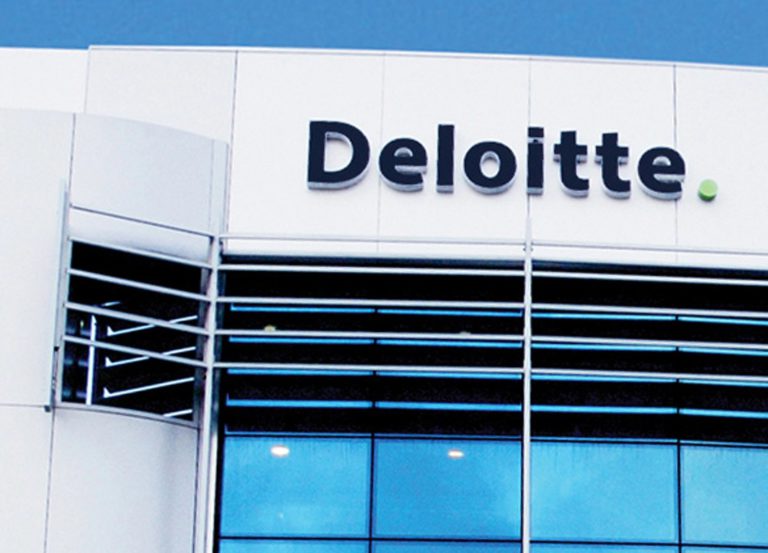As the number of new daily infections drops, Deputy Prime Minister and Health Minister Chris Fearne on Tuesday announced Government plans to scrap vaccine certificate requirement rules to enter into a wide range of hospitality, leisure and entertainment businesses.
He revealed that vaccine certificates will not be needed for entry into restaurants, snack bars and social clubs from 7th February, and for bars, gyms, spas, pools, cinemas and theatres from 14th February.
They will still be required for entry into mass events, sports events, casino, night clubs and travel, however.
On Tuesday, Minister Fearne also stated that Malta is approaching a point where mandatory quarantine for contacts of positive COVID cases will be reduced from one week to five days, then eventually completely abolished.
It is too early to announce when this can come into effect, he said, while touting mid-February as a possible date, depending on positivity rates.
Quarantine rules have been a major thorn in the side of many businesses, unable to continue operations as normal due to the sheer amount of staff in isolation. With this in mind, and an exit of restrictions on the horizon, BusinessNow.mt reached out to some of Malta’s business community representatives to find out which measures, in their view, should be dropped to aid economic recovery, pandemic permitting.
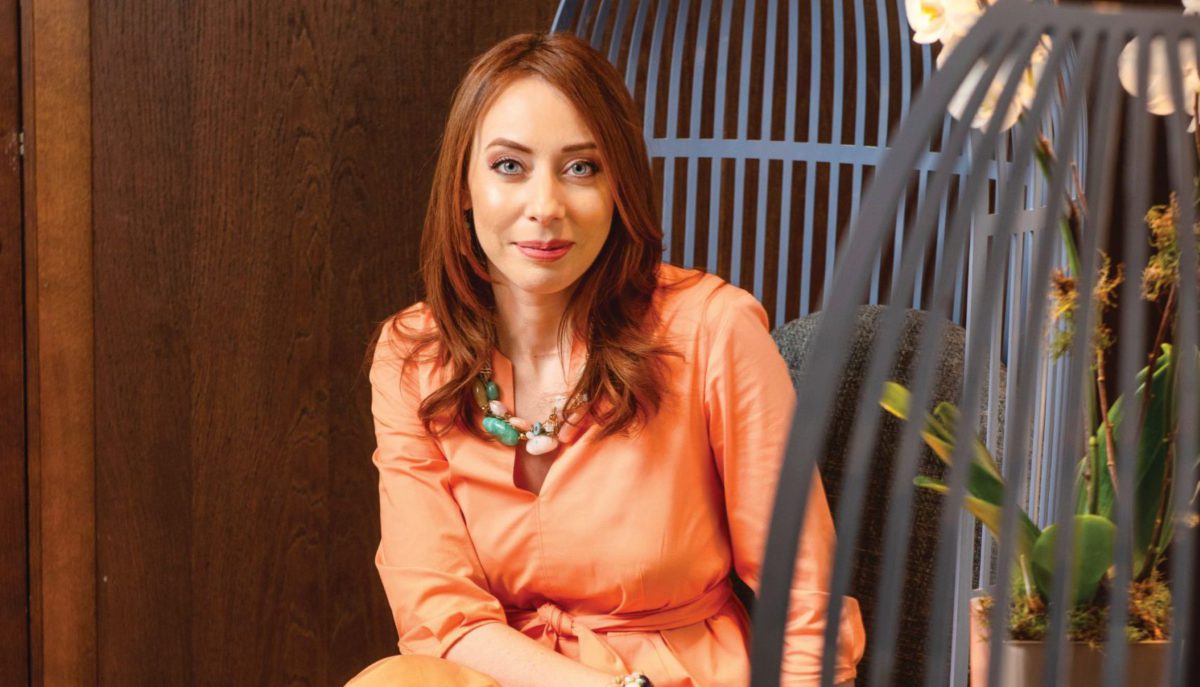
Abigail Agius Mamo, CEO of the Chamber of SMEs, believes that quarantine requirements should be first to go.
“They have been a very big burden on everyone’s life, as well as for business continuity. Businesses are unable to operate as things stand.”
She points out that several countries have already reduced quarantine significantly or eliminated it completely.
She also highlights the “administrative nightmare” establishments forced to check each customer’s vaccine certificate under rules which came into effect on 17th January are suffering. Now that these are to be scrapped, most businesses look towards the proposed reduction in quarantine time.
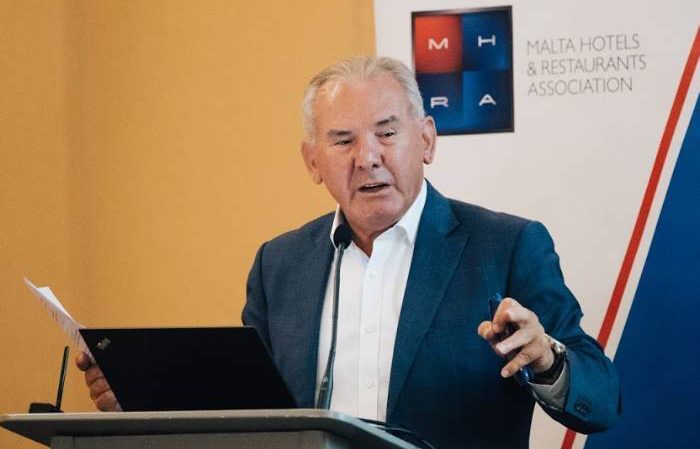
However, Malta Hotels and Restaurants Association president Tony Zahra wants a more wholesale lifting of restrictions, saying, “We want our freedom back. All the restrictions should be lifted.”
He insists that he will not “pick and choose” which restrictions he would like to see gone, as “we want them all gone”.
“People can decide what they want to do for themselves. We’ve had two years of this pandemic – which is now endemic. We can’t go on forever with these quarantines and restrictions.
“It’s got to stop. We want complete relief.”
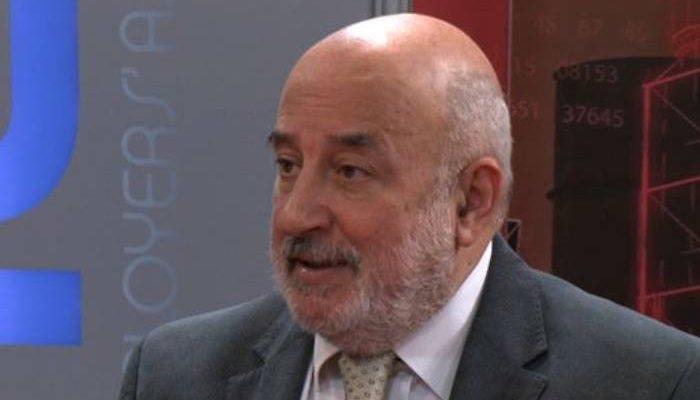
Joe Farrugia, director general of the Malta Employers Association (MEA), disagrees. “As the MEA, we never spoke about lifting all restrictions. We have always said that it is the health authorities that need to see what measures are required, and we stand by this statement.”
Nonetheless, he echoes Ms Agius Mamo’s comments, singling out quarantine periods as particular sticking points for the efficient conduction of business.
“If other countries see there’s no reason to have such a long quarantine, let’s reduce it. The fact that secondary contacts are also placed in quarantine has broken many companies. If these measures can be relaxed – without a spike in cases, we don’t want to go back to square one – they should. But it’s the health authorities that need to be determining such things, based on science.”
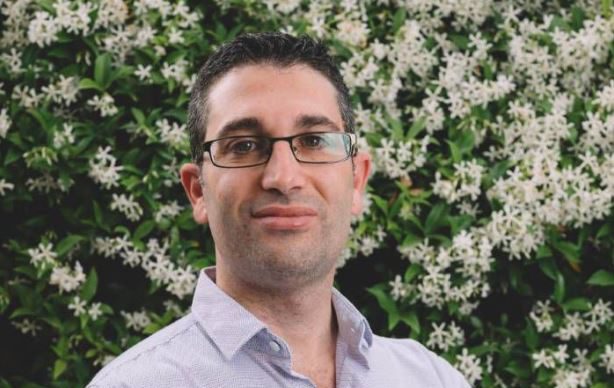
Alan Arrigo, chairperson of The Malta Chamber’s tourism operators section, believes the most important elements for a tourism revival are predictability and stability.
“We can’t have rules changing from week to week – as, unfortunately, they are now,” he says.
He also calls on authorities to ensure that any easing of measures is done for the whole ecosystem of businesses, and criticises the piecemeal approach to restrictions.
“Tourists choosing Malta as their destination should rest assured that they can have access to all services available on the islands. At the moment, restaurants can operate at full capacity, but can only accept those with a valid vaccine certificate. Meanwhile, many transport operators can take up to 85 per cent of their capacity, while another rule is in effect for language schools.
“A tourist will expect one rule for everything.”
Meanwhile, a Malta International Airport spokesperson says that it believes in easing travel restrictions.
“As part of the first phases of Malta’s COVID-19 exit strategy, the local authorities should urgently consider aligning the country’s travel requirements to the European Union’s recommendations for travel. This would put Malta on par with competitor destinations in relation to entry requirements, whilst giving the industry the support it needs to start a meaningful and uninterrupted journey of recovery.”
MIA points out that the EU COVID Digital Certificate was established to allow travellers to show digital proof that they have been vaccinated against COVID-19, have recovered from infection, or have tested negative for COVID-19 in order to travel safely and freely across Europe without the need to observe any additional requirements.
“Thus far, Malta is only accepting vaccination as valid proof for entry into the country without the obligation to observe additional requirements,” the spokesperson said.
“In addition to this, the recent decision to shorten the validity period of certificates confirming the completion of the primary vaccination schedule for the purposes of travel, which was agreed upon and adopted by all Member States of the European Union, from 270 days to 90 days, also needs to be addressed as part of this exit strategy.”
In a statement released yesterday, European Commissioner for Health Stella Kyriakides, and European Commissioner for Justice Didier Reynders called on Member States to implement common rules swiftly to ensure clarity for citizens and travellers, commenting that it is now time to discontinue any additional travel requirements which were introduced by some Member States in response to the emergence of Omicron.
Malta’s milk heritage celebrated in new book
The book 'captures the rich heritage and evolving story of a product that has nourished generations and shaped local traditions'
Deloitte caught using hallucinating AI in report for Australian Government
The firm has since agreed to refund the final instalment of its contract
Malta eyes Ireland’s permanent Basic Income Scheme for artists as a model for local policy
The initiative provides artists with a steady weekly income, allowing them to focus on their creative work without financial stress





